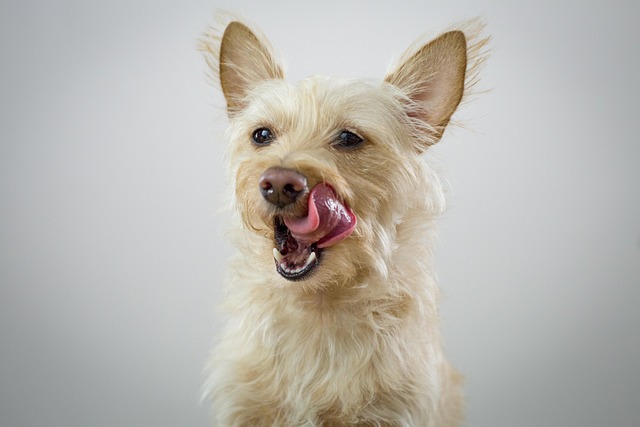
How Can You Tell If Your Dog Is Truly Full
Watching your dog lick their bowl spotless often feels reassuring – surely they’re satisfied? But that clean dish doesn’t always mean a full belly, and constant begging can leave you second-guessing.
Bringing a Corgi into your life means welcoming a bundle of joy—those tiny legs, fluffy backside, and a personality that’s equal parts feisty and affectionate. But along with their irresistible charm comes unique health needs, and one question many owners ask: Do Corgis need their anal glands expressed? Let’s explore the ins and outs of this topic, blending veterinary science with the practical, compassionate approach to pet care that’s second nature in Europe and America.
Anal glands, located on either side of a dog’s anus, produce a pungent fluid used for marking territory during bathroom breaks. In most dogs, firm stools naturally press against these glands during bowel movements, emptying them without fuss. But Corgis, with their stocky builds, tendency toward weight gain, and occasional finicky eating habits, may face challenges. Softer stools from a low-fiber diet or obesity can mean less pressure during pooping, leaving glands full and prone to irritation.
How do you know if your Corgi is struggling? Watch for signs like scooting—dragging their bottom on the floor—as a classic red flag. Excessive licking or biting at their rear, a persistent fishy odor (even after bathing), or straining to defecate are also clues. While not every Corgi will need help, ignoring these signals can lead to painful infections or abscesses that require vet intervention.
In pet care circles, the rule of thumb is clear: Leave anal gland expression to the pros. Vets and certified groomers are trained to handle this delicate task safely, avoiding the risk of tissue damage or infection that comes with improper home attempts. Plus, in many countries, only licensed veterinarians are legally allowed to perform procedures like this, ensuring compliance with animal welfare laws. Think of it as part of being a responsible owner—just like keeping up with vaccinations or dental care, some tasks are best left to the experts.
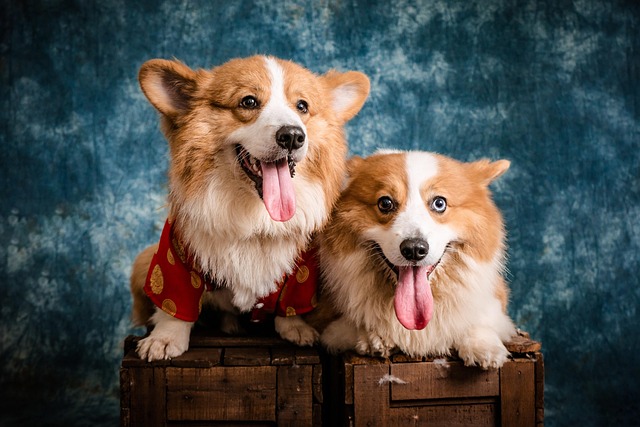 The good news? Many issues can be prevented with proactive care. A high-fiber diet, like adding a spoonful of plain pumpkin puree to meals (always check with your vet first), helps firm stools and promote natural gland emptying. Keeping your Corgi at a healthy weight through regular walks (those little legs love short, frequent outings!) and portion control reduces abdominal pressure that can block glands. Routine vet visits are key too—annual exams often include a quick check of these glands, especially for breeds prone to issues.
The good news? Many issues can be prevented with proactive care. A high-fiber diet, like adding a spoonful of plain pumpkin puree to meals (always check with your vet first), helps firm stools and promote natural gland emptying. Keeping your Corgi at a healthy weight through regular walks (those little legs love short, frequent outings!) and portion control reduces abdominal pressure that can block glands. Routine vet visits are key too—annual exams often include a quick check of these glands, especially for breeds prone to issues.
Cultural values play a role here, too. In Europe ,pets are family, and their care reflects a commitment to both their comfort and community well-being. A dog with untreated anal gland issues might act out or spread infections, making proactive care a matter of neighborly responsibility. While discussing "private" body functions can feel awkward, open conversations with vets and fellow pet owners are encouraged—online forums and local dog groups often share tips, normalizing the topic and helping more owners recognize signs early.
Of course, there are times when immediate action is needed. If you spot blood in stool, swelling around the anus, or a sudden loss of appetite in your usually food-obsessed Corgi, don’t hesitate to call your vet. These could signal infections or more serious problems that require professional treatment.
So, back to the original question: Do Corgis need their anal glands expressed? The answer depends on their individual needs. Most will thrive with a balanced diet, regular exercise, and vet check-ups that keep their glands functioning naturally. For those who show signs of discomfort, professional help can make a world of difference, turning scooting into playful zoomies and that lingering odor into a thing of the past.
At the end of the day, caring for your Corgi’s anal health is about tuning into their unique cues and partnering with experts who understand their biology. Whether you’re in a bustling city park or a quiet suburban neighborhood, responsible care means respecting their needs, following local guidelines, and prioritizing their comfort. After all, those stubby tails are meant for wagging—not signaling pain. With a little attention and the right support, your Corgi can live their happiest, healthiest life, proving that even the most "taboo" topics are just part of the journey in loving these one-of-a-kind dogs.

Watching your dog lick their bowl spotless often feels reassuring – surely they’re satisfied? But that clean dish doesn’t always mean a full belly, and constant begging can leave you second-guessing.
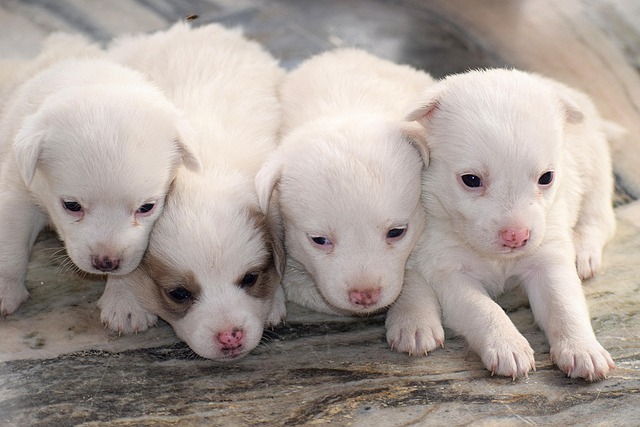
We’ve all seen it – your dog attacks their meal like it’s their last, inhaling kibble in seconds without a single chew. While it might seem comical or just enthusiastic,
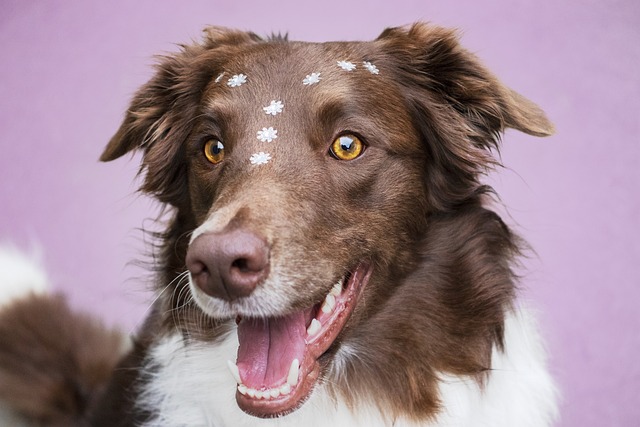
Spotting your dog seeming a bit "off" – maybe slower to get up, less playful, or even trembling – can instantly make any pet parent worry. Could it be a lack of calcium?
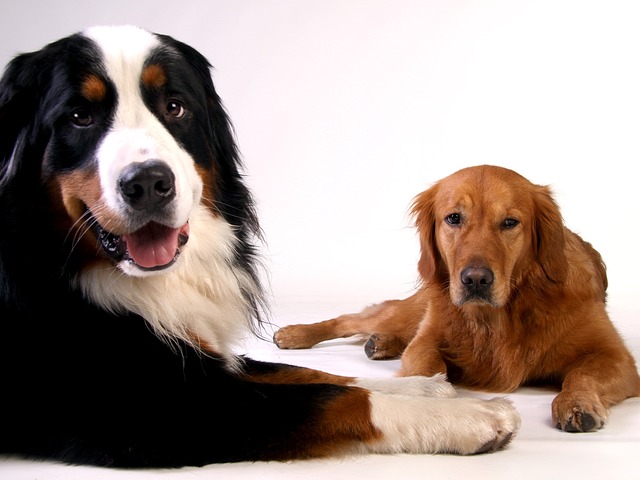
As a Chow Chow owner, those iconic triangular ears—when upright—frame their lion-like mane beautifully. But if your pup’s ears stay floppy or only partially rise, it’s natural to feel concerned.
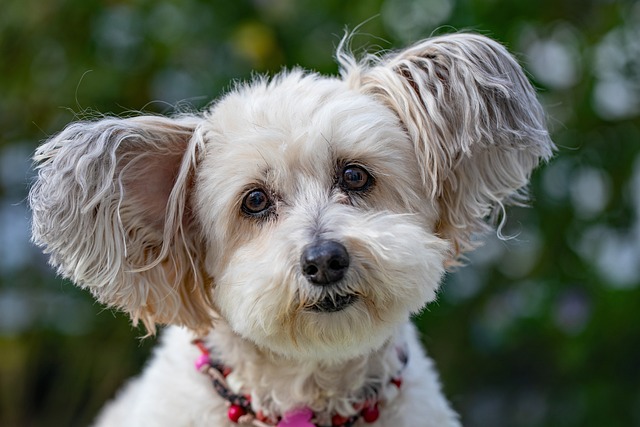
As a dog parent, it’s natural to look for simple, household solutions when your furry friend is dealing with common issues like mild odor, damp fur, or occasional skin discomfort.
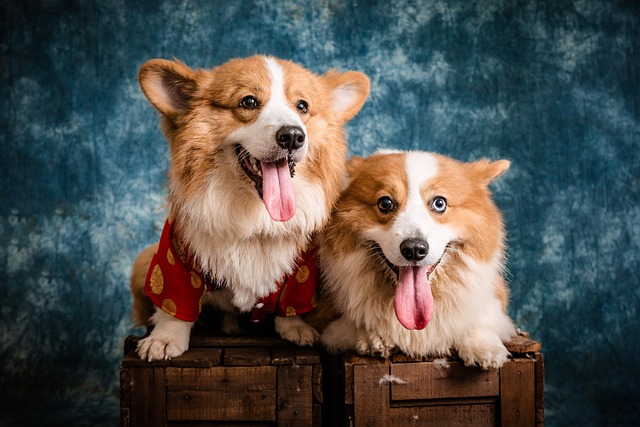
Bringing a Corgi into your life means welcoming a bundle of joy—those tiny legs, fluffy backside, and a personality that’s equal parts feisty and affectionate.